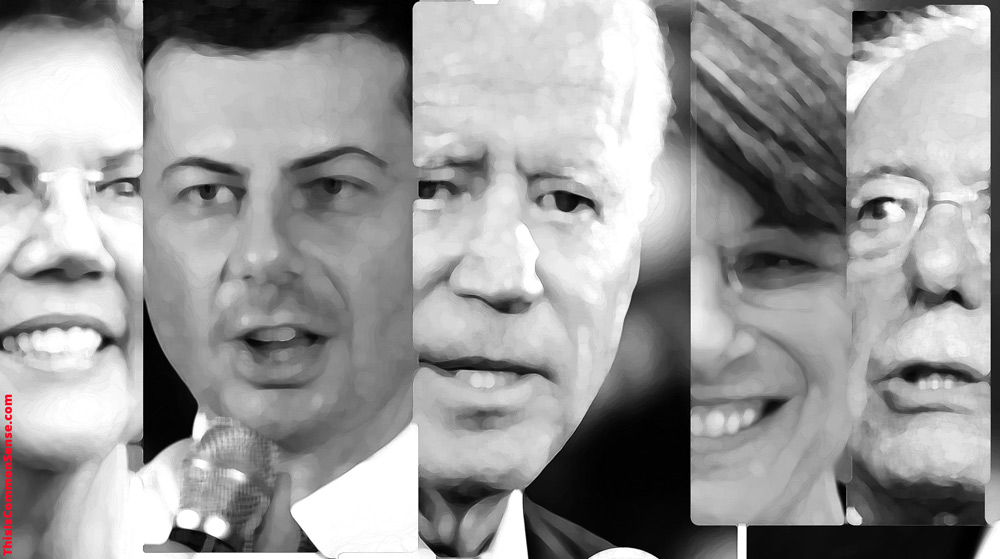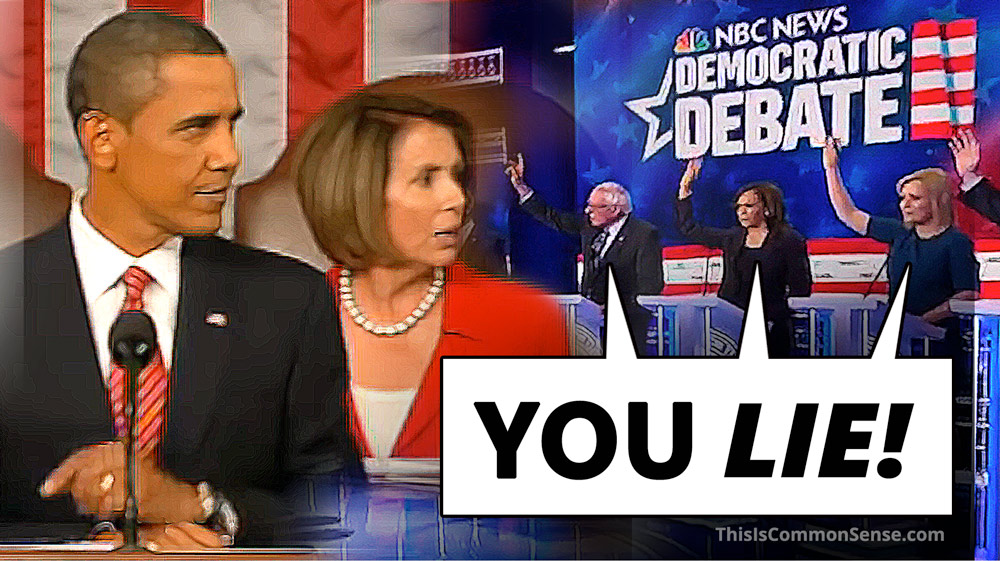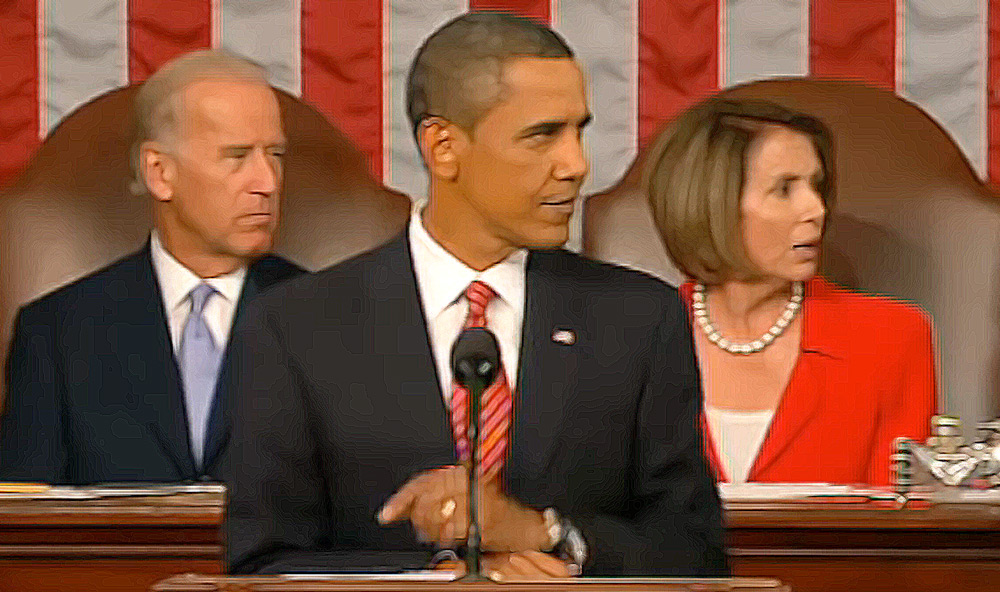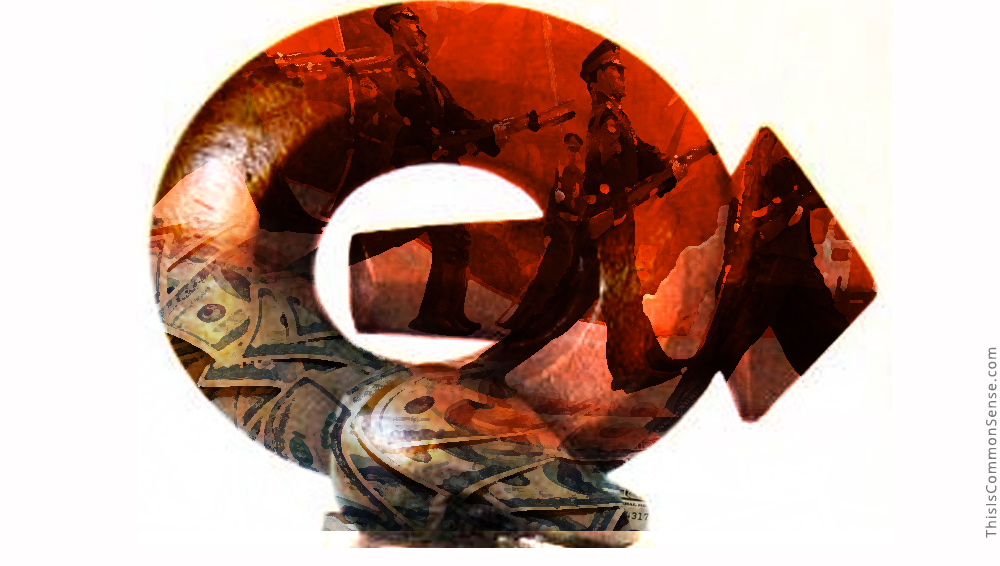In ten days, the Democratic Party will hold a presidential debate that, according to the rules established by the Democratic National Committee, includes six qualified candidates all of whom are white.
Which is apparently not the right color.
“Of course, there is nothing wrong with Democrats selecting a white presidential candidate to represent the party,” writes David de la Fuente at The Daily Beast. “But that should be up to the voters, and not the DNC by means of their debate inclusion practices.”
Those “practices” or rules seem straightforward enough — at least, they did … until the results were not to the liking of some. To earn a place on the Dec. 19 debate stage, a candidate must have garnered donations from 200,000 individuals, while also reaching 4 percent or higher in four recognized polls, or 6 percent in two polls.
The six qualified pale-faced candidates are: former Vice-President Joe Biden, South Bend Mayor Pete Buttigieg, Sen. Amy Klobuchar (D‑Minn.), Sen. Bernie Sanders (I‑Vt.), billionaire activist Tom Steyer, and Sen. Elizabeth Warren (D‑Mass.).
A seventh candidate, California Sen. Kamala Harris, a woman of color, had also qualified for the debate stage — before she dropped out of the race.
Not yet able to jump all the hurdles? African-American Sen. Corey Booker (D‑N.J.); Asian-American entrepreneur Andrew Yang; and Samoan-American Rep. Tulsi Gabbard (D‑Hawaii). They have all reached the donation requirement, but not yet met the polling threshold.
I wish them luck, especially my favorite, Gabbard.
Still, the choice is rightly up to Democratic voters. If enough speak up for Booker, Yang or Gabbard in polls, “diversity” will obtain its place.
If not, should Democrats use a racial quota system?
This is Common Sense. I’m Paul Jacob.

See all recent commentary
(simplified and organized)
See recent popular posts






